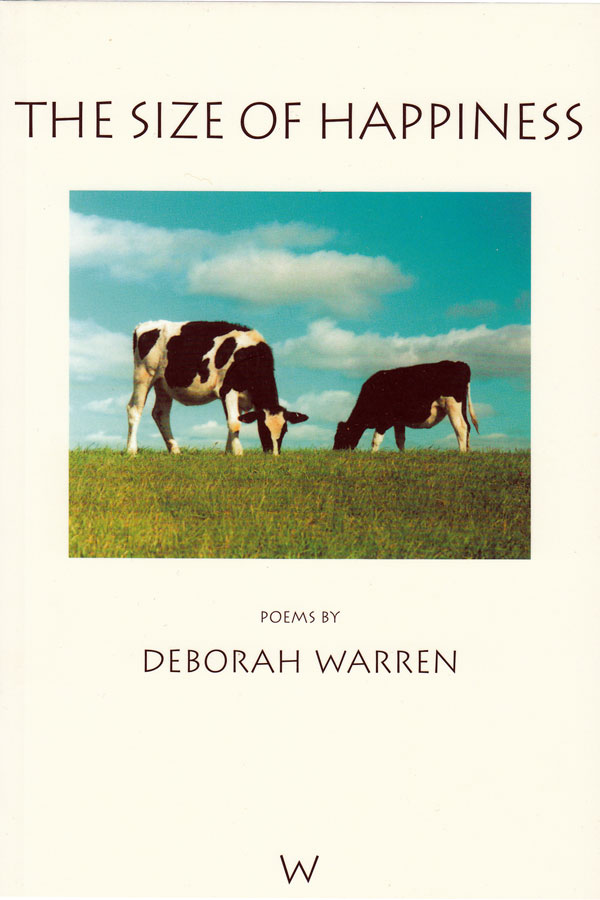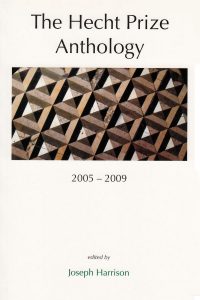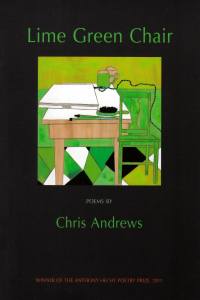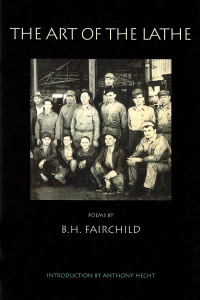The Size of Happiness
£8.95
The Size of Happiness is a book in six sections, the titles of which hint at the richness and variety of its contents. What the Amorini Know comes at love from a dozen angles, though it is especially concerned with the many ways it has of going wrong; Horses of Poseidon uses ancient myths to debate modern subjects – amongst them, the difficulty of faith, the question of how far we can penetrate and bend to our purpose the forces of nature, and the relative significance of a fictional character and a real person; An Older Beast tackles the rather older subject of “sad mortality”; and in Clay and Flame and Managing the Planets – the opening and closing sections of the book – Warren’s poems ask how to manage the morsel of world we think we own, how to catch beauty in a net, how to find the most elusive thing of all – happiness.
Out of stock
The Size of Happiness
"If there are still people out there clinging to that old canard about the tendency of formal verse to inhibit the poet, they need this book. It’s full of poems – fresh, quirky, intelligent, moving, individual and spoken in the living voice of the present – that attest to the inexhaustible capacity of rhyme and meter to serve the needs of every age. There are poems here that draw their material from daily life, the Bible, history and legend, the observation of nature, this morning’s paper, memory, the world of art and music, and the bottomless well of parental concern.
Deborah Warren’s themes are those that never age or lose their bite: the joys and perils of each day, the risks imposed by love, the preparation for aging and death. The language is beautiful and precise and – equally important – determined to communicate with the rest of us.
Come to think of it, the rest of us – those who have never doubted that formal excellence is an asset – also need it, for the sheer delight of reading it. In fact, let me say this outright: everybody who can read needs this book." – Rhina P. Espaillat
“What I like about Deborah Warren’s superb new collection is that I can read it from start to finish with enjoyment. The poems combine imagination with intelligence, music with emotional energy. The language sparkles in poem after poem. The book is full of lines and stanzas that the reader simply must linger over to savor. I know of no other, truer, test of poetry than that it demands a place in one’s memory.” – Dana Gioia
“Deborah Warren is among the very finest American poets who still observe the strictures of meter and rhyme. She informs her work with lively feeling, wit, wisdom, and memorable music; she keeps us sitting up and interested. This collection, long overdue, is sure to find readers who will cherish it.” – X.J. Kennedy
Reviews of The Size of Happiness
London Magazine, April-May, 2004
"Her best poems, rural, domestic or both, give evidence of a sharp, observant mind. ‘Elizabeth’s Dress’ is a good example of this poet’s varied, conversational, ready-to-be-amused, and always womanly tone:
Elizabeth’s dress was not the red of claret,
not maroon or amethyst or rose.
Vermillion? Not exactly. Was it scarlet?
Ruby? Poppy? Crimson? None of those.
I can have you read the way the velvet
poured itself around her narrow ankles –
tell you how it showed her shoulders: What
I can’t describe (except by saying not
and cataloguing everything it wasn’t)
would make it flesh and blood and living – but
a thing like color? Dim description doesn’t
splash you with the dye that dyed the dress
or turn your head or make you catch your breath –
and if I could make you see its shade of red,
I still could not describe Elizabeth."
– Anne Stevenson
The Hudson Review, spring 2004
" … Deborah Warren is a farmer (she raises heifers in Vermont), and most of the poems in her collection The Size of Happiness draw either on that experience or on Greek or Roman mythology (she is also a former Latin teacher), or both. One poem memorializes a javelin thrower who ‘had an ear for the javelin – perfect pitch’; another reflects on ‘how dumb the Trojans were’ to accept that outsized equine offering from the Greeks: ‘It doesn’t take much horse-sense to deny / your stable to a thing like that.’ The enjoyably clever Warren is clearly at home among Hercules, Poseidon, and hera (not to mention Proust and Grieg); but she is also able to bang out, for example, a neat poem about e-mail that doesn’t seem out of place amidst the antiquities … [She has] and effortless ability to seque from silly puns to sober thought about Ultimate Questions, all the while keeping the pentameter in line." – Bruce Bawer
News
Deborah Warren’s poem “Two Swallows” won her the Firman Houghton Award for 2002. This Award is bestowed by the New England Poetry Club, which was founded in 1915 by Amy Lowell, Robert Frost and Conrad Aiken.
Another thirty cows – another seven
acres fenced for grazing, in a field
that last year looked a good halfway to heaven;
but the very week the sixty yield
that extra hundredweight of milk, already
I’m looking beyond that pasture, where the hill
runs right into the sky: It’s not enough.
That’s happiness. You never drink your fill –
love, money, land. The milk you’re dreaming of?
Even before production’s holding steady
way beyond what you’d have ever thought:
Couldn’t your herd-average be higher?
Fields that once you never could have bought;
lovers that once you hardly dared desire;
visions – gallons – once they’re in the can –
the very afternoon your new tank’s full
of fresh ambition: Sixty Ayrshires –
impossible? Not only possible
but insufficient. Dream of mountain pastures;
own them, and you’re back where you began.
Contentment is the only kind of plenty,
and that’s the domain of cows, who know the size
of happiness. With ten – a hundred twenty –
no matter how many cows your new barn ties,
you’re several acres short of paradise.
Northfield, Vermont
The Armada Hedge (1588)
Grey Court, King’s Sutton
This is the tallest hedge in England, planted
near the house to celebrate
the victory. It’s this grey rain, wind-slanted,
that grew it green and straight:
The English clouds, like damp artillery,
are waging today the same campaign
that drove the hedge’s green ascendancy –
raking the lawn with rain.
If I rest I rust, the sundial says:
in rain the hours disappear.
Sometimes – rarely – a watery sun displays
time as a shadow here.
The grass here is as green as Spain is dry;
the hedge, as green as blood would be
if blood were green. No evergreen can try
the grey hegemony
of fleeting time – the same prevailing rain
that routs both slow and nimble, with a breath
as cold as the Protestant Wind that harried Spain
and catholic as death.
The Waywiser Press
Excerpts
The Size of Happiness
Another thirty cows - another seven
acres fenced for grazing, in a field
that last year looked a good halfway to heaven;
but the very week the sixty yield
that extra hundredweight of milk, already
I'm looking beyond that pasture, where the hill
runs right into the sky: It's not enough.
That's happiness. You never drink your fill -
love, money, land. The milk you're dreaming of?
Even before production's holding steady
way beyond what you'd have ever thought:
Couldn't your herd-average be higher?
Fields that once you never could have bought;
lovers that once you hardly dared desire;
visions - gallons - once they're in the can -
the very afternoon your new tank's full
of fresh ambition: Sixty Ayrshires -
impossible? Not only possible
but insufficient. Dream of mountain pastures;
own them, and you're back where you began.
Contentment is the only kind of plenty,
and that's the domain of cows, who know the size
of happiness. With ten - a hundred twenty -
no matter how many cows your new barn ties,
you're several acres short of paradise.
Northfield, Vermont
The Armada Hedge (1588)
Grey Court, King's Sutton
This is the tallest hedge in England, planted
near the house to celebrate
the victory. It's this grey rain, wind-slanted,
that grew it green and straight:
The English clouds, like damp artillery,
are waging today the same campaign
that drove the hedge's green ascendancy -
raking the lawn with rain.
If I rest I rust, the sundial says:
in rain the hours disappear.
Sometimes - rarely - a watery sun displays
time as a shadow here.
The grass here is as green as Spain is dry;
the hedge, as green as blood would be
if blood were green. No evergreen can try
the grey hegemony
of fleeting time - the same prevailing rain
that routs both slow and nimble, with a breath
as cold as the Protestant Wind that harried Spain
and catholic as death.
The Waywiser Press





